Black Mirror Loch Henry revolves around a young couple who come to a small town in Scotland called Loch Henry to shoot a nature documentary. However, they unexpectedly discover some explosive local stories and uncover the horrifying past.
This episode does not involve any “technology” but instead focuses on the heavy and sad topic of “commercialization of real-life events”. Similar to the previous episode Joan is Awful, it subtly satirizes streaming platforms or film and television companies’ struggle between commercialization and inner values.
“Black Mirror Season 6”:
♥ Joan is Awful Review & Explained(Analysis)
♥ Loch Henry Explained(Detailed) & Review
♥ Beyond the Sea Explained(Detailed) & Review
♥ Mazey Day Explained(Detailed) & Review
♥ Demon 79 Explained(Detailed) & Review
⚡ Spoiler Alert ⚡
⚡ Spoiler Alert ⚡
⚡ Spoiler Alert ⚡
Black Mirror Loch Henry Explained(Detailed)

Black Mirror Loch Henry Explained 1:Audiences love the taste of adaptations based on true stories.
Firstly, audiences love adaptations based on true stories. The story seems like an investigation into finding out who is behind a serial killer in a small village at first glance.
But in fact, it delves deeper into human nature and moral lines when it comes to sourcing material for movies or TV shows. It’s similar to Joan is Awful as both episodes mock how the entertainment industry exists solely for profit rather than passion-driven creativity.
Secondly, viewers can imagine how popular crime-related content is on Netflix or other streaming platforms by looking at past examples such as Cannibal Dahmer which created quite a buzz online.
In Loch Henry’s storyline, Pia says “Are you stupid? That’s what makes these places mysterious – ‘how could someone do this?’ And all those little details that make your skin crawl.” Basically, Loch Henry mocks recent trends where many true-crime cases have been adapted into documentaries or crime dramas despite being well-known among audiences already.
Lastly, Davis initially thinks that shooting this type of documentary about real-life crimes would be boring because everyone knows about them already. However,Pia hits upon something important- people enjoy watching things unfold in real-time during actual events or experiencing emotions related to them after-the-fact; echoing Joan Is Awful’s argument that modern-day filmmakers prefer using existing stories rather than creating new ones from scratch.
Additionally, the more gruesome and violent a story is, the more viewers are drawn to it because of human nature’s fascination with evil and horror.
Of course, Loch Henry’s murder case was forgotten due to Princess Diana’s death which also subtly hints at how humans tend to forget about death easily if it doesn’t affect them directly. If you’re just a nobody, you’ll gradually be forgotten but if something newsworthy happens again related to your story or event, then people will start talking about it once more.
Black Mirror Loch Henry Explained 2: documentary production is more concerned with “topics”.
The story of “Loch Henry” goes like this: In 1997, a newlywed couple came here for vacation and disappeared. It wasn’t until one day when Iain Adair had an argument with Stuart’s father at the bar and threatened him that Kenny, who was a police officer, went to question Iain Adair.
As a result, he was shot in the shoulder but died during treatment due to bacterial infection~ The police found a secret room where eight people were kidnapped and tortured to death in Iain’s cellar.
What I find interesting is how the screenwriter uses Pia and Davis’ roles as filmmakers themselves. By giving them these characters, the screenwriter wants to show what it means to be someone who makes films and what conflicts they have within themselves.
At first we can see that Davis and Pia decided on being “truthful”, but gradually viewers will see their distortion of events just so their work can have impact and achievement. Just like when they were told by the company they approached that “he isn’t famous like Ted Bundy or Fred West; any platform or network would ask ‘what’s your angle?’ or ‘what’s your context?'”
From this scene alone we can tell that making a film involves complex decision-making processes regarding its direction which mostly revolves around creating “topics”. Therefore, in the plot we will see Davis and Pia exaggerating things just so they could sell their movie to marketing companies while Davis changes his words about his own father not being directly victimized.
And as Loch Henry gradually turns into tragedy, it is also sad because they created topics using their own tragedy just so they could pursue even more explosive truths.
Black Mirror Loch Henry ending: Everything Stolen in the End is Commercialized
At the end of this episode, Stuart’s bar is packed with tourists watching Davis’ documentary on TV as it receives the Best Documentary Award. At the celebration party, there is a scene that needs to be carefully considered.
This is also where “Black Mirror” expresses its criticism towards those who turn real criminal cases into visual media for profit most clearly. Firstly, those nominated documentaries are actually worth paying attention to, but because Davis’ documentary has been sensationalized by news media, it becomes one of the important keys for him to win awards.
We can see that as a producer of documentaries, Davis wanders around absent-mindedly while Kate next to him hypocritically praises other programs and characters.
If her role were replaced by someone else discussing Davis’ work from a skeptical and critical perspective like she does here, it would ironically show how little film industry cares about authenticity in storytelling and only values achievements brought by such stories.
Then Kate talks about adapting this documentary into a “spin-off drama,” which is exactly what streaming platforms do: taking an amazing story from a documentary and using it again to consume victims once more.
As for Stuart’s bar scene, he becomes happy just knowing his own bar can make money without caring about how Davis feels at present. Of course we should not forget discussing Davis himself; he could have chosen not to make this documentary at all if he had told producers that he was unable to shoot it and then kept the truth hidden forever. However, he still made this documentary.
The final scene in “Loch Henry” shows only Davis drinking alone in his hotel room while looking at his mother’s note saying “for your filming use.” This inevitably reminds us that when Davis first came here to shoot The Eggkeeper’s Story (the original title), he mentioned that eggkeepers protect cultural relics from collectors who want to commercialize them.
Ironically, Jenet, the eggkeeper in this story, was eventually robbed of the truth and commercialized as well. As you would expect from a “Black Mirror” episode, the ending of “Loch Henry” is just as cold-blooded and dark as its atmosphere. This is a sad story with some twists and turns that mix joy with sorrow.
“Black Mirror Season 6”:
♥ Joan is Awful Review & Explained(Analysis)
♥ Loch Henry Explained(Detailed) & Review
♥ Beyond the Sea Explained(Detailed) & Review
♥ Mazey Day Explained(Detailed) & Review
♥ Demon 79 Explained(Detailed) & Review
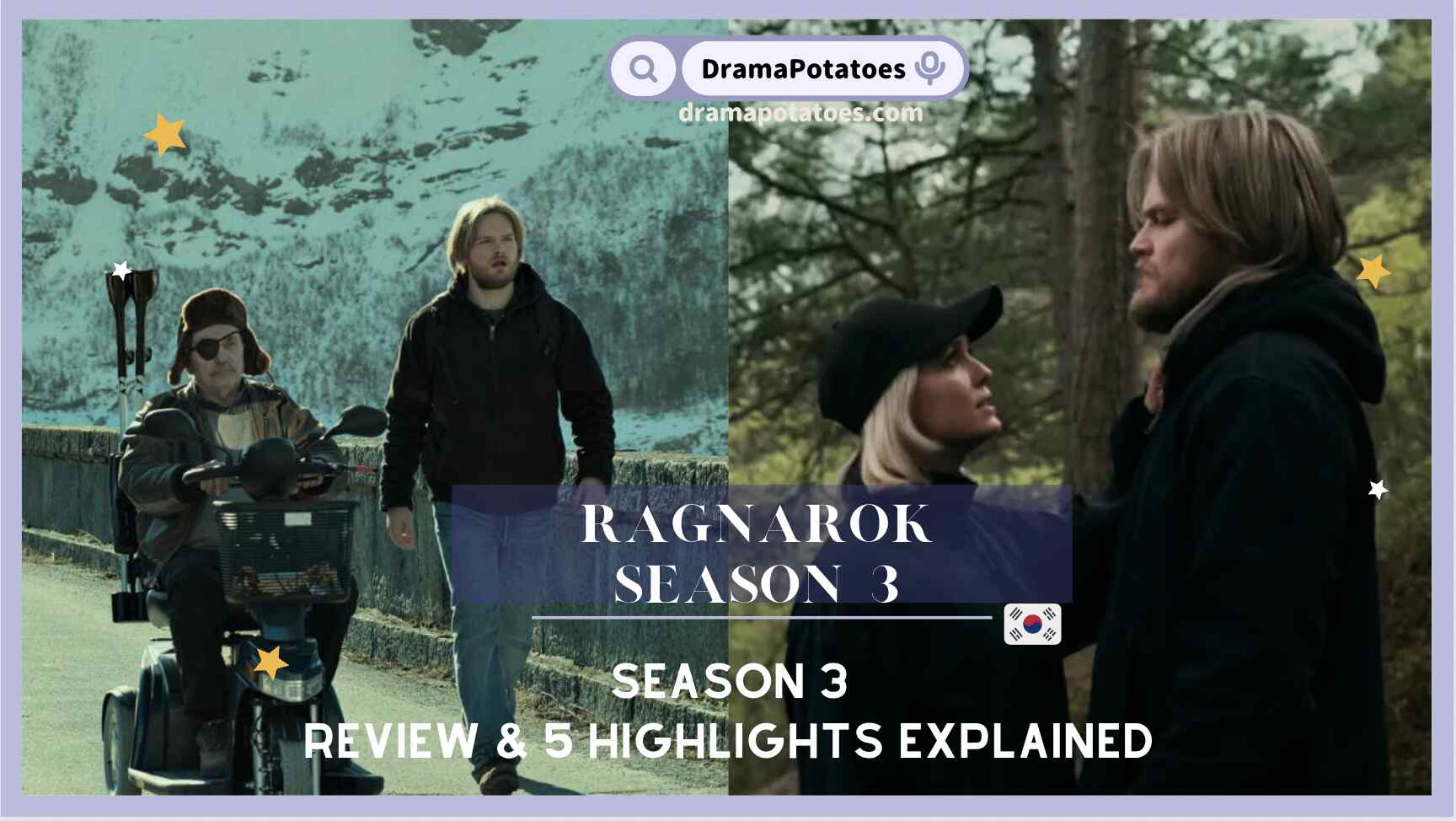
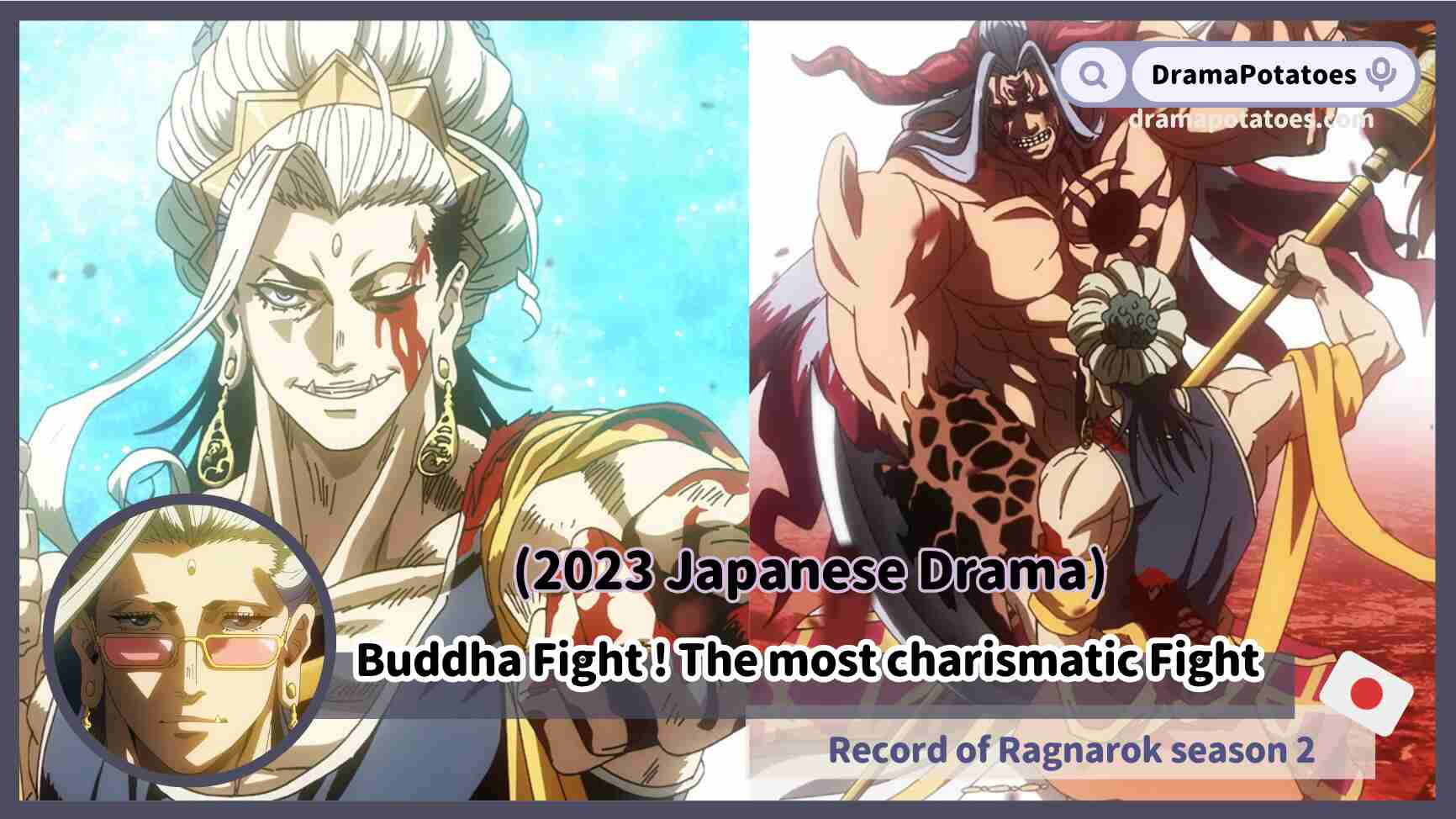



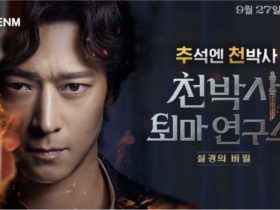










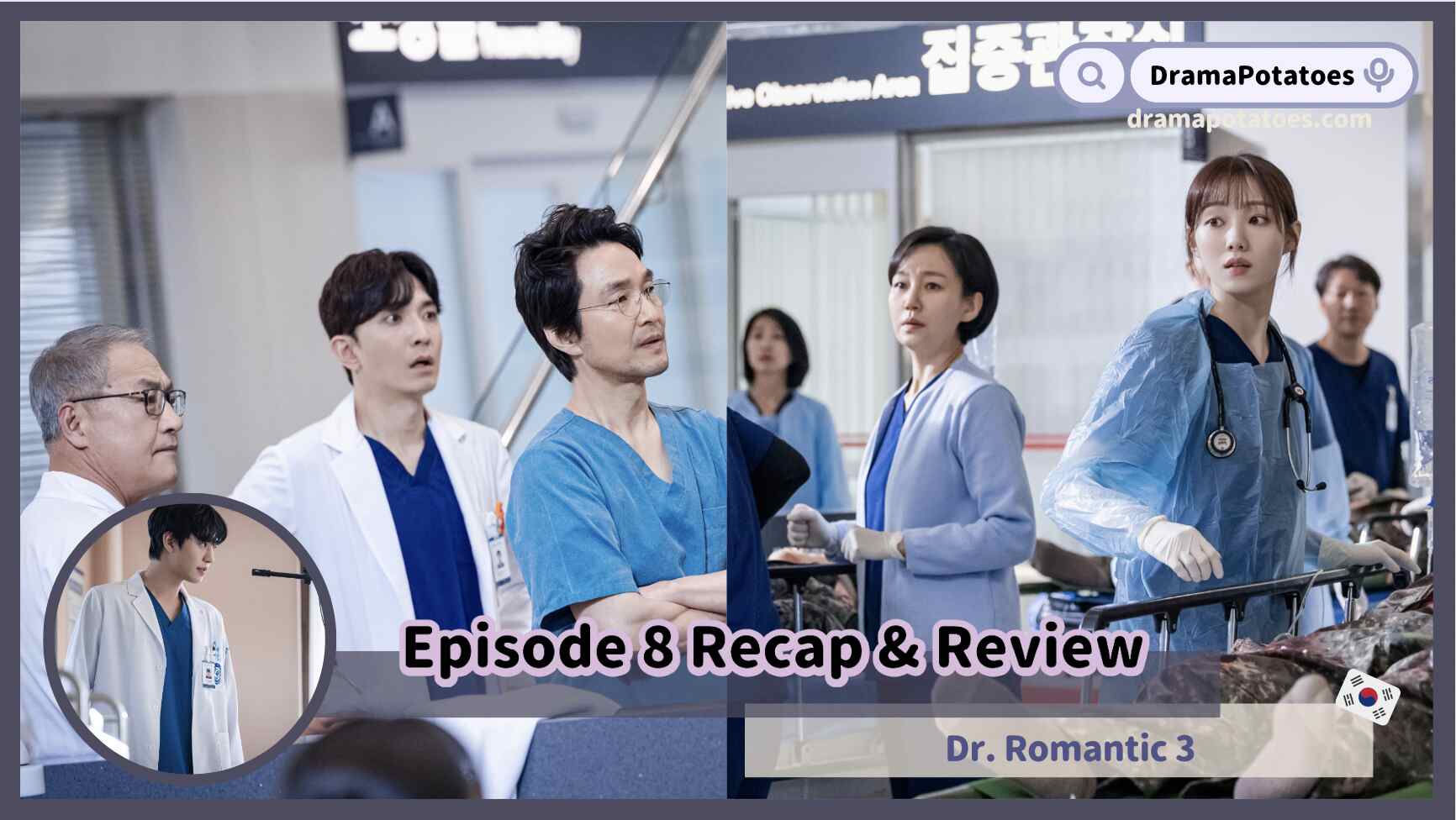
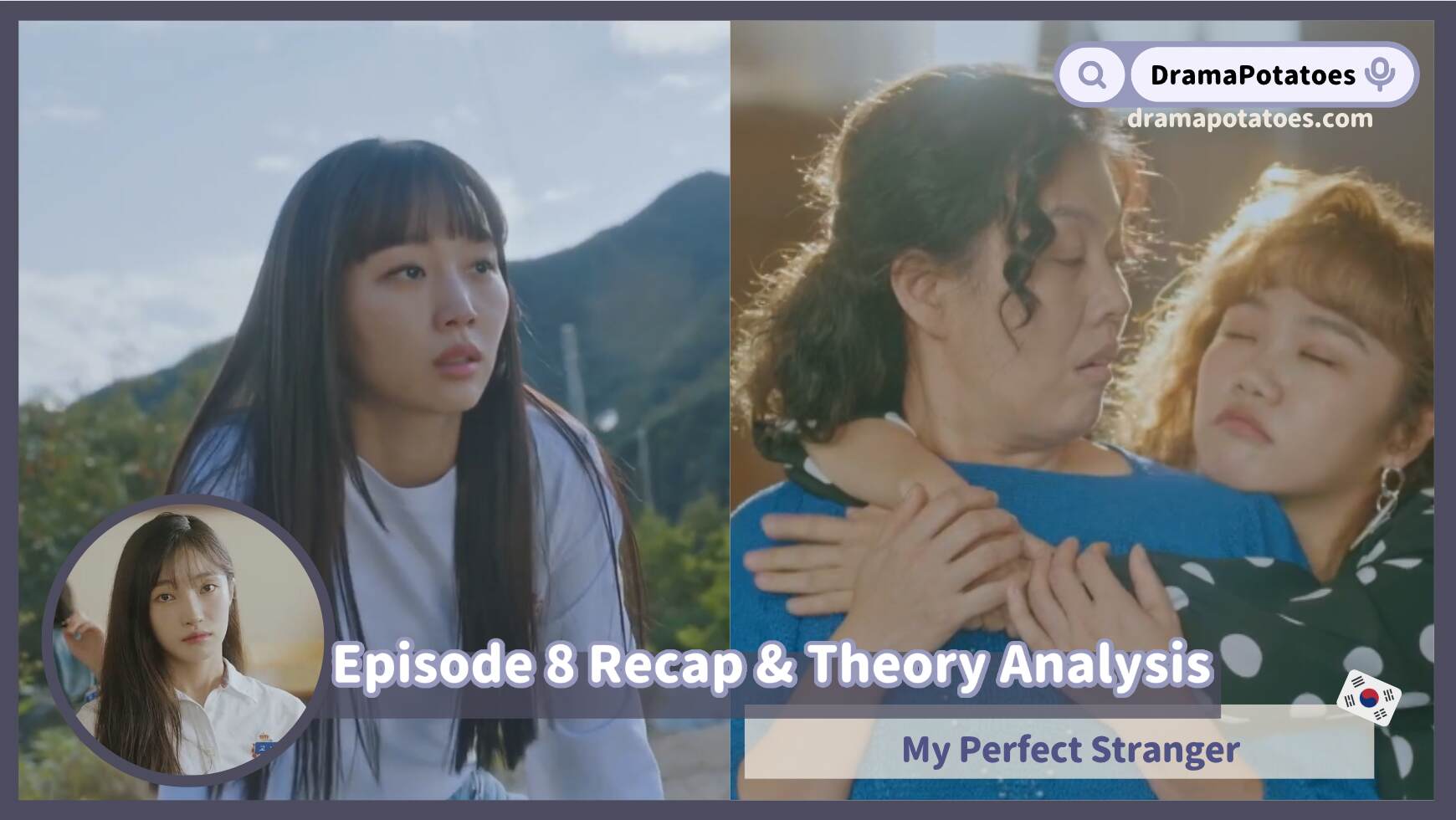

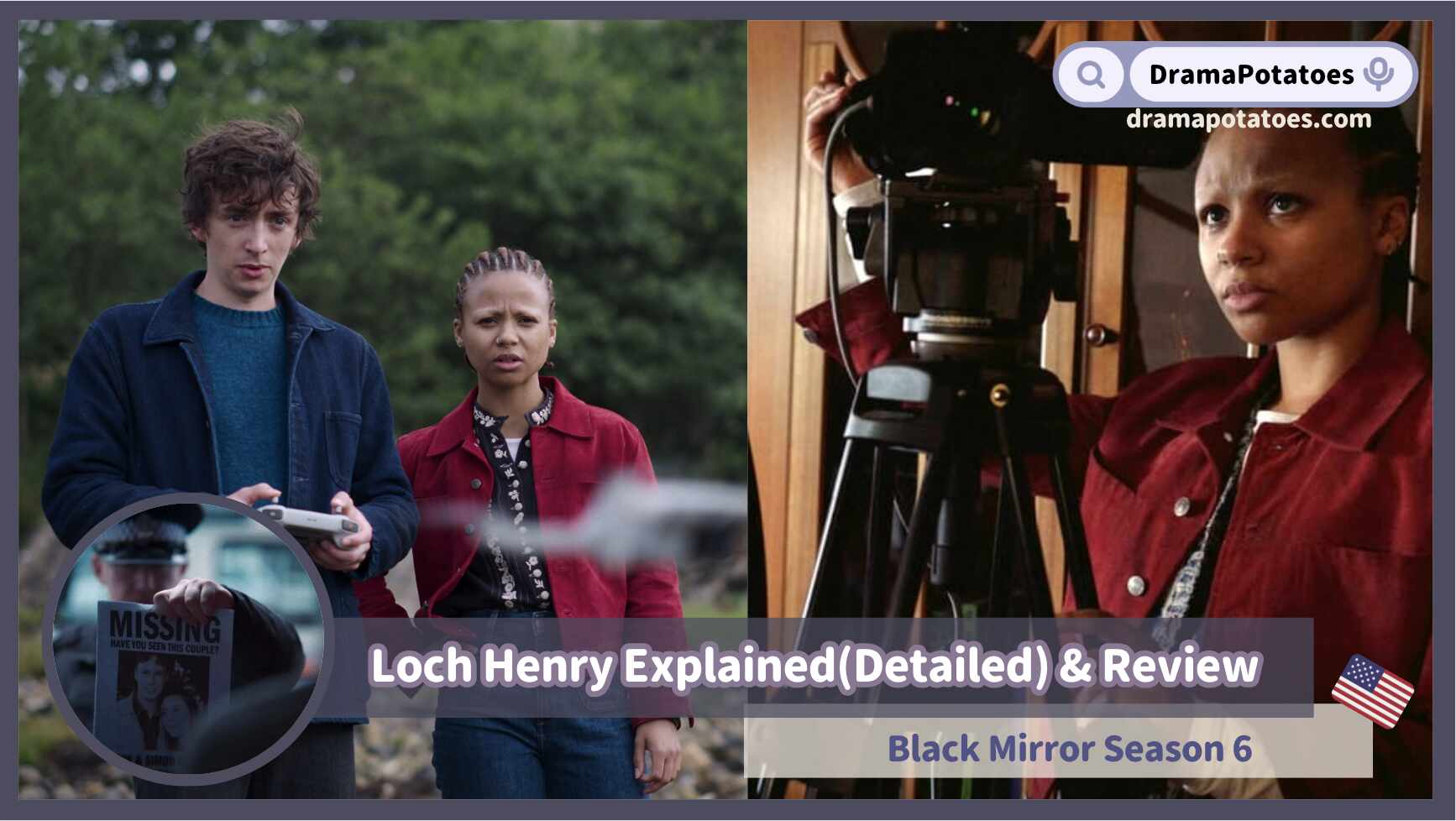

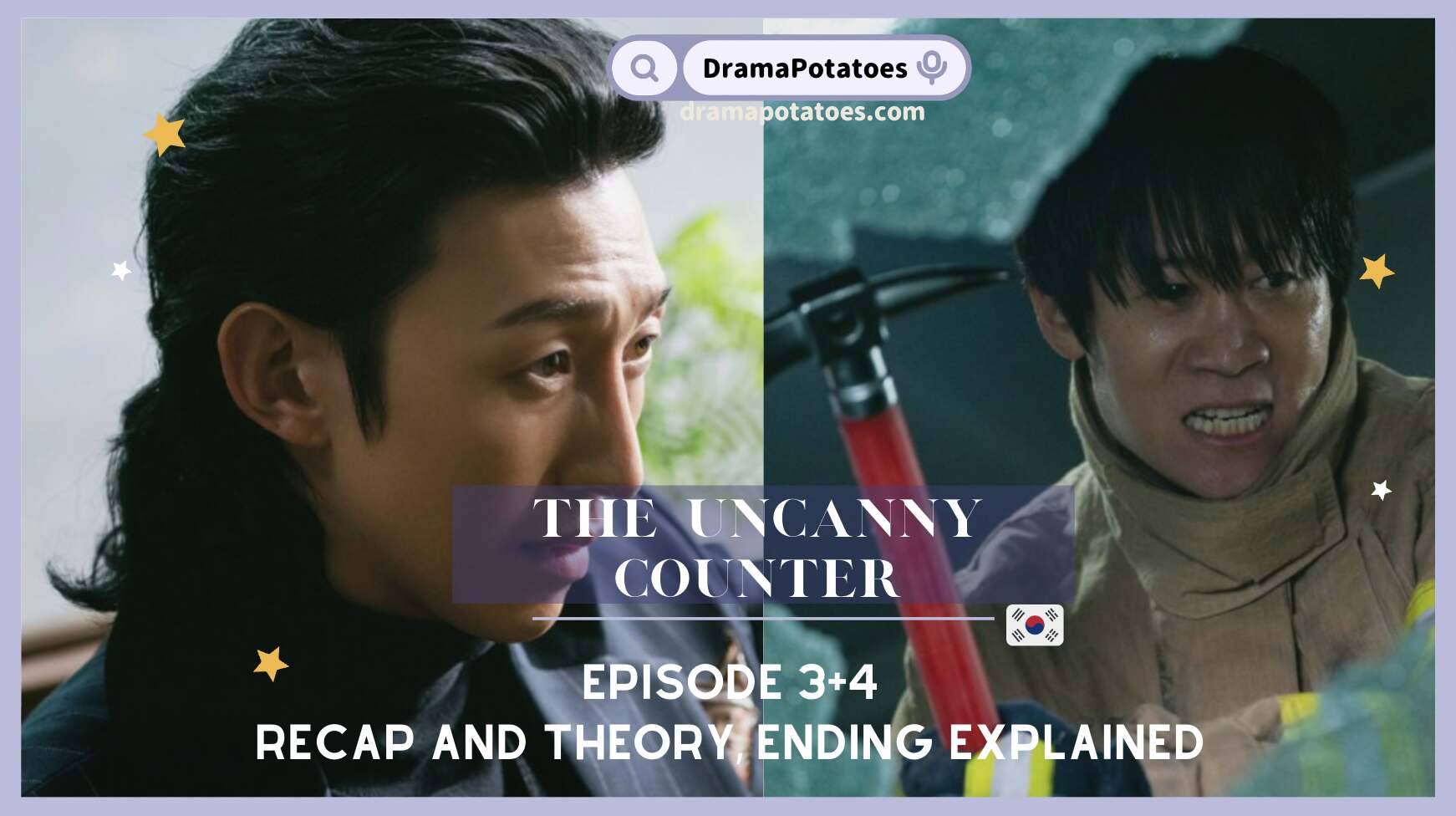

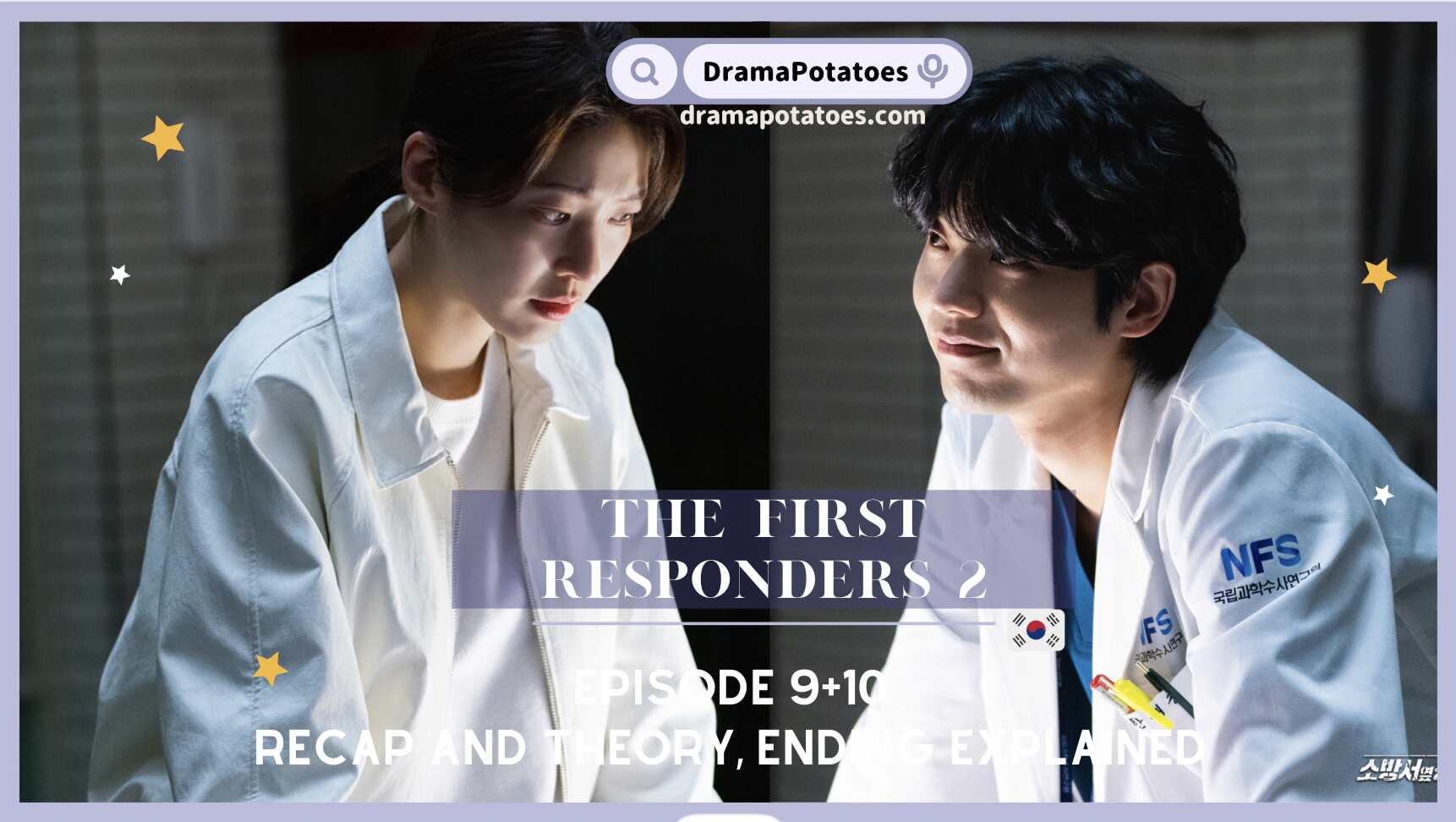
FIND US ON SOCIALS